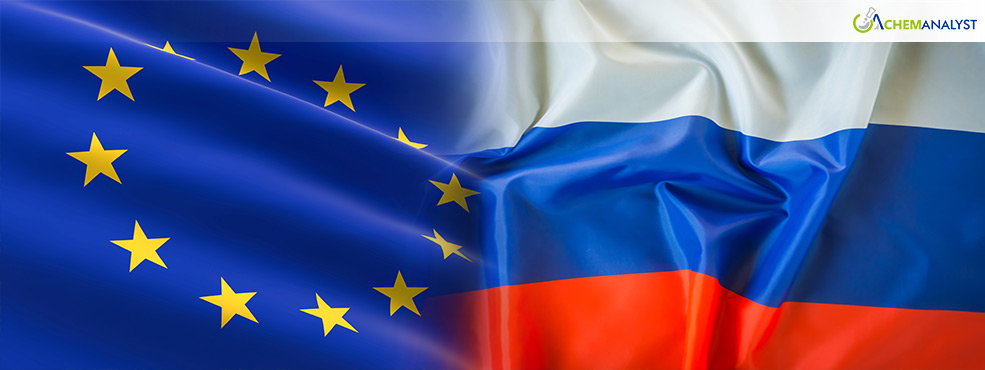Welcome To ChemAnalyst

Brussels is pushing for a significant shift in European agriculture, aiming to replace a substantial portion of imported Russian fertilizers with processed animal manure, known as Renure. This move is designed to reduce the EU’s reliance on Moscow’s war-funding revenues, while simultaneously promoting a more circular and sustainable agricultural model.
Agriculture Commissioner Christophe Hansen highlighted the potential of manure-based fertilizers to lessen dependence on imported chemical alternatives, which are both energy-intensive and costly. "The livestock sector can provide a positive input to the circular economy — that is domestically grown and doesn’t need to come from outside and is not based on high energy prices like gas," he stated. The EU is also exploring the use of manure and food waste for biogas production, further diversifying its energy sources and weaning itself off Russian gas.
The urgency stems from Russia's increasing dominance in the EU fertilizer market. Currently, Russia holds approximately 30% of the imported fertilizer market, up from 17% in late 2022. This translates to 5.7 million tonnes, worth €1.9 billion, purchased by EU farmers in 2024 alone. The EU's fertilizer industry argues that Russia effectively continues to export gas through fertilizer production, as the process requires vast amounts of natural gas.
The Commission's proposal to impose tariffs on Russian fertilizer imports has faced resistance from some member states, concerned about the increased costs for farmers. However, the potential of Renure offers a viable alternative. Studies, such as one published in the journal Resources, Conservation and Recycling, indicate that Renure could reduce fertilizer costs in livestock regions by nearly 5%.
Historically, the EU has restricted the spreading of untreated manure due to its high nitrogen content, which can pollute watercourses. However, the Commission is expected to approve the use of Renure, which undergoes treatment to reduce nitrogen levels, following extensive lobbying from the Dutch government. This move is aligned with the Commission's "Vision for Agriculture," which advocates for the uptake of low-carbon fertilizers and recycled nutrients.
The agricultural sector is a significant contributor to the EU's greenhouse gas emissions, accounting for over 10% of the total. To meet EU climate targets, agricultural emissions need to decrease by 40% from 2005 levels by 2030. However, current projections indicate a mere 7% reduction.
While the shift to Renure is seen as a positive step, environmental groups have voiced concerns. The WWF, for instance, criticized the Commission for not intensifying efforts to reduce pesticide and fertilizer use, which are critical for improving water quality. They also emphasized the need for well-designed incentives under the Common Agricultural Policy to uphold environmental standards.
We use cookies to deliver the best possible experience on our website. To learn more, visit our Privacy Policy. By continuing to use this site or by closing this box, you consent to our use of cookies. More info.
